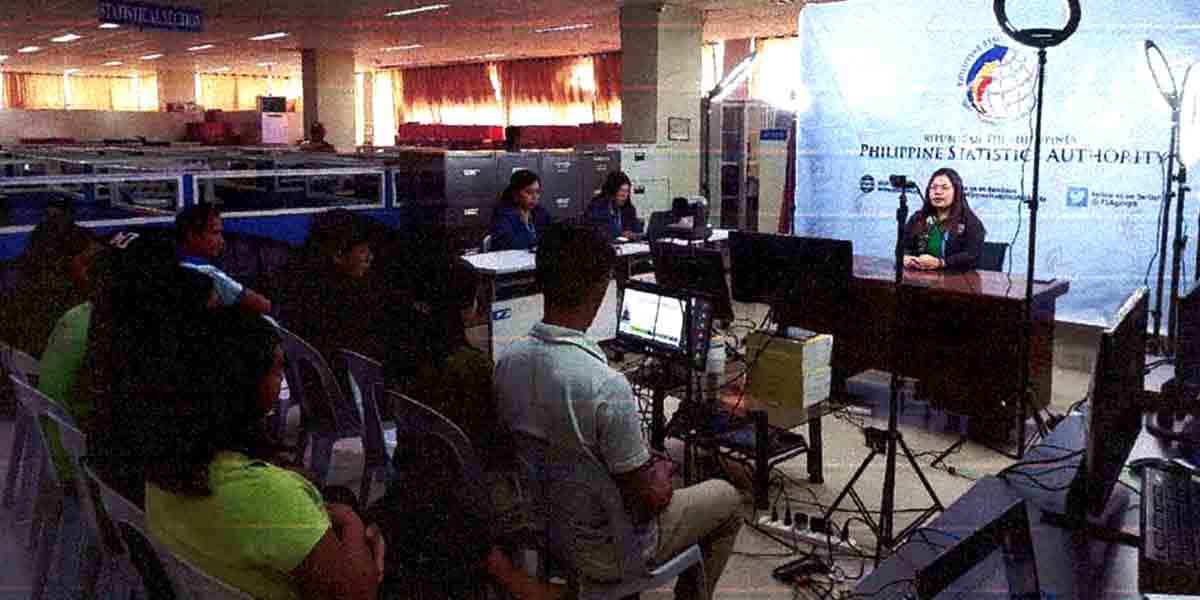By Dolly Yasa
BACOLOD CITY – The bidding for the PHP 1.2-billion bulk water project of the Negros Occidental provincial government has been rescheduled to Dec. 11. This adjustment was made at the request of the Public-Private Partnership (PPP) Center, which is assisting the provincial government with the project.
This marks the third time the bidding has been postponed.
Provincial Administrator Atty. Rayfrando Diaz said on Monday, Nov. 18, that while the bidders are ready, they accommodated the PPP Center’s request to allow sufficient time for the preparation and processing of all submitted documents.
The bidding was originally set for July 27, then moved to Oct. 28, and later postponed to Nov. 22 before being reset to Dec. 11.
Under the project, the winning bidder will enter into a joint venture with the provincial government to finance, design, construct, operate, and maintain a bulk water supply system. The system is expected to have a minimum capacity of 34.5 million liters per day (MLD), sourced from the Imbang River and/or the Malogo River.
Diaz stated that the project aims to provide treated bulk water to six water service providers in Negros Occidental, serving the cities of Bacolod, Silay, Talisay, and Victorias, as well as the municipalities of Manapla and E.B. Magalona.
The project will be implemented under a joint venture agreement (JVA) with the provincial government for a period of 38 years, including the construction phase.
Diaz noted that the municipalities of Manapla and E.B. Magalona, along with the cities of Victorias, Talisay, and Bacolod, have issued a Resolution of No Objection (RONO) to the Capitol Bulk Water Project.
However, he pointed out that the city of Silay has yet to issue a RONO.
The Silay City government has expressed concerns that the Imbang River, one of the water sources for the project, could impact its own water supply.
Provincial Government Focal Person for PPP projects Atty. Jessa Genteroles said that, according to water availability data from the National Water Resources Board (NWRB), approximately 100 MLD will be sourced from the Malogo River, while 34-36 MLD will come from the Imbang River.
Diaz emphasized that the provincial government is committed to addressing stakeholders’ concerns.
“We are not just taking water; we are here to develop a water security plan that includes water resource management to secure our watershed areas,” Diaz said.



















